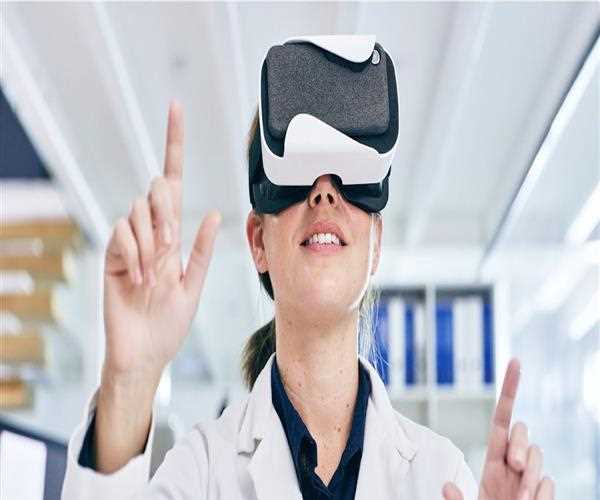New technologies are undeniably transforming the healthcare industry in significant ways. The rapid advancement and adoption of technology have the potential to revolutionize healthcare delivery, improve patient outcomes, enhance access to care, and drive efficiencies in the system. Here are some key ways in which new technologies are changing healthcare:

Enhanced Patient Care: Technology is enabling healthcare providers to deliver more precise, personalized, and effective care. Advancements in medical imaging, such as MRI and CT scans, allow for better visualization and diagnosis of diseases. Additionally, robotic-assisted surgeries and minimally invasive procedures reduce patient discomfort, shorten recovery times, and improve surgical outcomes. With the help of wearable devices and remote monitoring solutions, patients can actively participate in managing their health and receive real-time feedback, leading to improved self-care and preventive measures.
Telemedicine and Remote Care: Telemedicine and remote care technologies have revolutionized healthcare access, particularly in remote or underserved areas. Through video consultations, remote monitoring devices, and mobile applications, patients can receive medical advice, consultations, and even certain treatments from the comfort of their homes. Telemedicine not only improves access to care but also reduces the burden on healthcare facilities, minimizes travel costs and wait times, and enables efficient triage of patients.
Electronic Health Records (EHRs): EHRs have transformed the way patient information is stored, shared, and accessed. Digital records enable seamless communication and coordination among healthcare providers, reducing errors and duplication of tests. EHRs also support data analytics and population health management, allowing healthcare systems to identify trends, monitor health outcomes, and make data-driven decisions to improve care delivery and public health strategies.
Artificial Intelligence (AI) and Machine Learning (ML): AI and ML technologies are revolutionizing healthcare across various domains. AI-powered algorithms can analyze vast amounts of medical data, identify patterns, and support clinical decision-making. ML algorithms can assist in early disease detection, predict outcomes, and personalize treatment plans based on individual patient characteristics. AI also has applications in medical imaging analysis, drug discovery, genomics, and precision medicine, leading to more accurate diagnostics, targeted therapies, and improved patient outcomes.
Health Information Exchange (HIE): HIE systems enable the secure sharing of patient data across healthcare organizations and providers, ensuring seamless information exchange and improved care coordination. The interoperability of health information systems allows healthcare providers to access a patient's medical history, test results, and medication information, leading to better-informed clinical decisions and reduced medical errors.
Data Analytics and Population Health Management: The availability of large healthcare datasets and powerful data analytics tools are transforming population health management. By analyzing data from electronic health records, insurance claims, public health databases, and wearable devices, healthcare systems can identify high-risk populations, monitor health trends, and implement preventive measures effectively. Data analytics also supports predictive modelling for disease outbreaks, resource allocation optimization, and healthcare planning.
Blockchain Technology: Blockchain technology has the potential to improve data security, interoperability, and patient privacy in healthcare. It can ensure the integrity of medical records, enable secure sharing of sensitive information, and facilitate consent-based data exchange between patients and healthcare providers. Blockchain can also streamline administrative processes, reduce fraud, and enable efficient healthcare supply chain management.
Virtual Reality (VR) and Augmented Reality (AR): VR and AR technologies are finding applications in medical education, surgical training, and patient rehabilitation. Virtual simulations provide immersive learning experiences for medical students and allow surgeons to practice complex procedures. AR can overlay digital information on real-world environments, aiding surgeons during operations and enhancing precision.